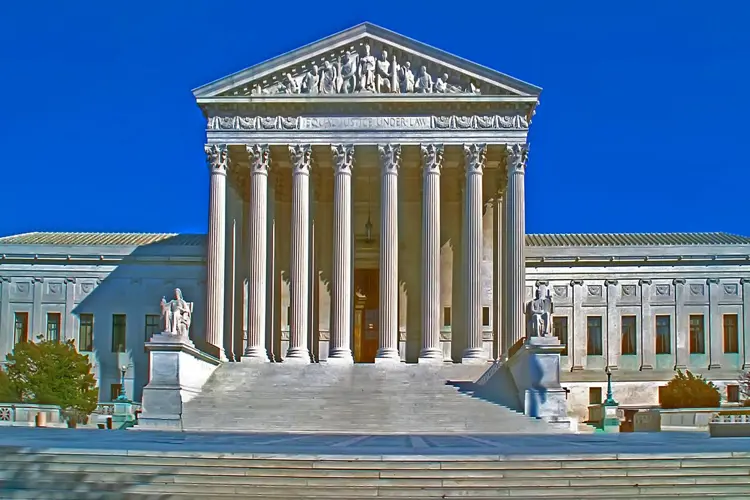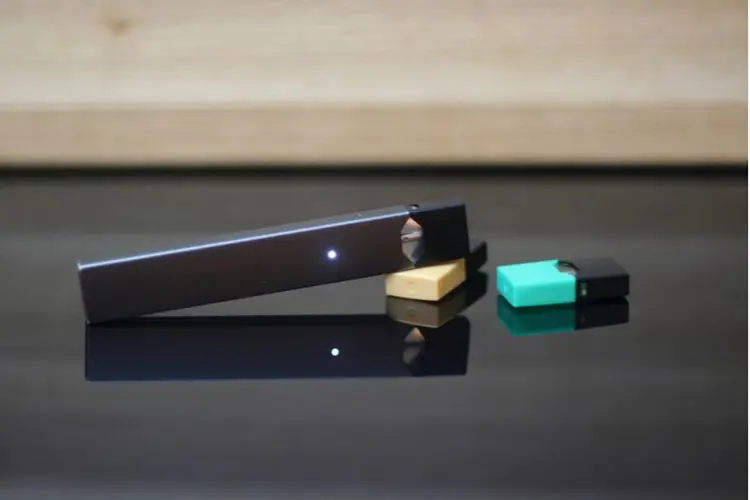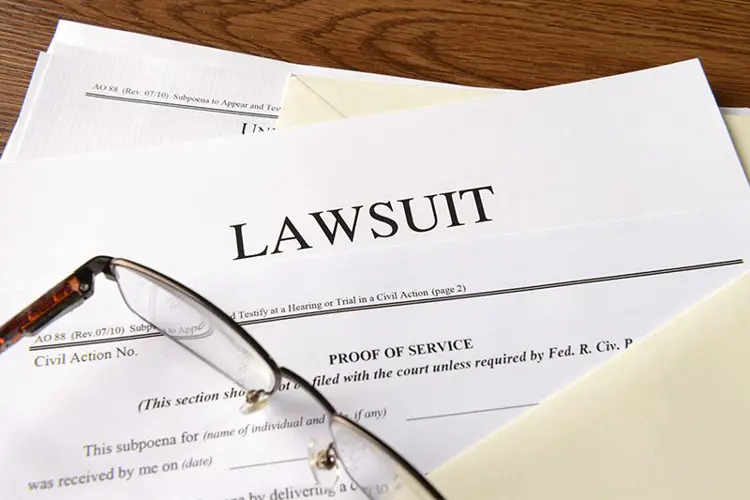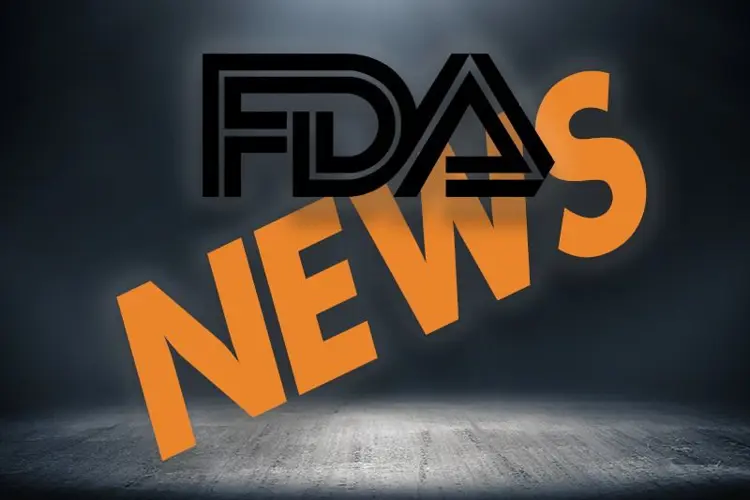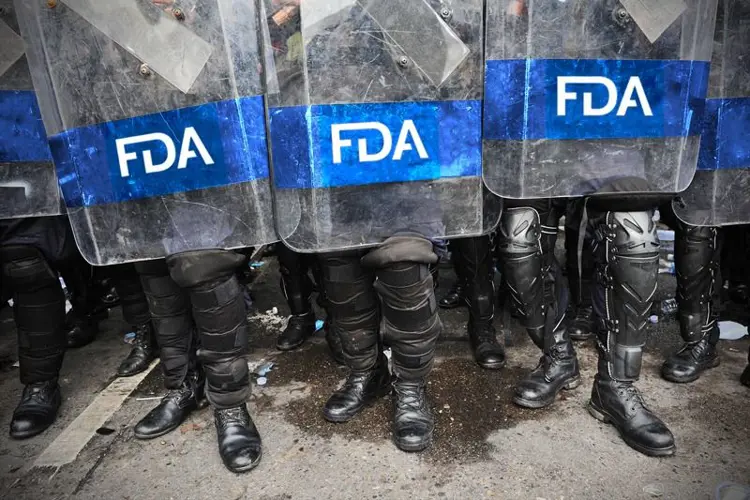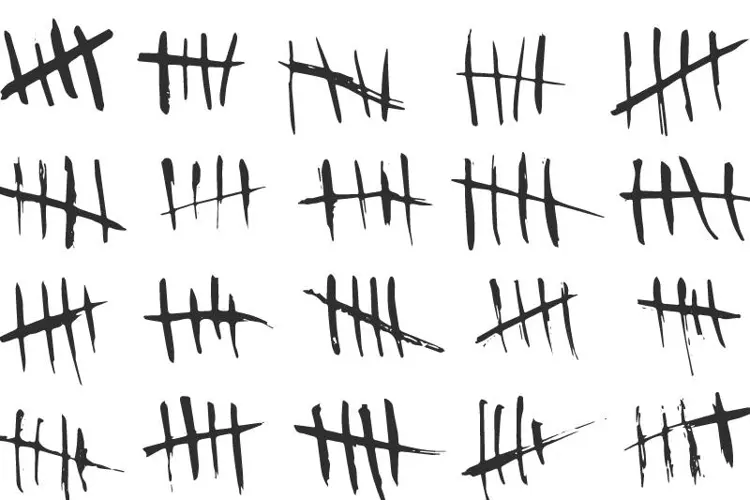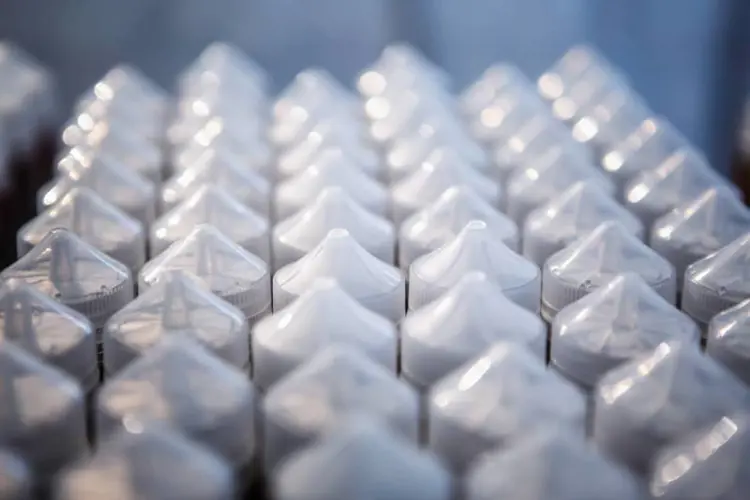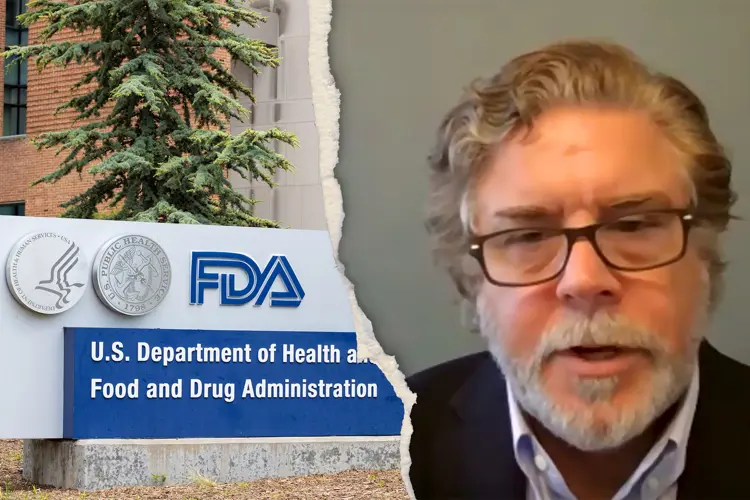The FDA has begun enforcing a major provision of its Deeming Rule, more than two years after the rule went into effect. The Deeming Rule prohibits products from being introduced to the market after Aug. 8, 2016 without first going through premarket review by the agency. No product has yet been submitted for review.
The agency has sent letters to 21 vaping importers and sellers asking for evidence that some of their products were on the market before the 2016 deadline. Some of the named products almost certainly did not meet that deadline, which makes them in violation of the federal Food, Drug, and Cosmetic Act (FDCA). This is a full list of the cited products:
- Suorin Vagon (American Vapor LLC)
- Baton Nicotine Salts and Baton Pods (Baton LLC)
- Nicosurge Nicotine Inhaler (Black Mountain Fulfillment, LLC)
- PHIX Pods (ECS Global LLC)
- JUUL Compatible Pod System and other devices and pods (Eonsmoke LLC)
- myblu Starter Kit (Fontem USA Inc.)
- RUBI (Kandypens Inc.)
- PIXL (Kretek International, Inc.)
- Vapeleaf (Logic Technology Development, LLC)
- Juno E-Vapor Battery and other Juno products (Magellan Technology Inc.)
- Maja Flavor Eliquids and Maja Flava Salty Crystal Starter Kit (Maja Flava Vape Den)
- Bo One, Bo Plus, bo CAPS (MMS ECVD Distribution, LLC)
- MYLE Devices, MYLE Pods, MYLE Starter Kits (Myle Vape Inc.)
- Vuse Alto (Reynolds American Inc.)
- Sutra Dash POD Vaporizer (Sutra Vape)
- Mi-Pod, Smoking Vapor E-Liquids (SV3 LLC)
- Vertipod Device, Vertipod Starter Kit (Vertigo Vapor LLC)
- STIG Disposable Pod Devices (VGOD Inc.)
- ALD POD Systems (VMR Products LLC)
- Xfire E-Cigarette Pen, Xfire Starter Kits (Xfire Inc.)
- Ziip Pods, Zpods (ZLab S.A.)
Most of the devices are pod and mini vapes, which have been the subject of attacks from the Campaign for Tobacco-Free Kids and other tobacco control groups. Anti-vaping activists believe all pod vapes are attempts to copy the JUUL, which has been the subject of a coordinated campaign of misinformation in an attempt to portray vaping in general and JUUL specifically as deliberately trying to lure teenagers into nicotine use.
FDA Commissioner Scott Gottlieb is portraying what should be understood as routine regulatory enforcement action as an extraordinary step that will somehow affect what he calls the “epidemic” of teen vaping. Luckily for Gottlieb, the mainstream press has virtually no understanding of the issues, so his pronouncements are largely repeated without critical questioning. Some of the products named in this action were on the market before the cutoff date, and some weren’t. But removing any or all of them will only force people to buy other similar products.
Most observers believe the FDA will restrict fruit, candy and dessert flavors, which are the flavors preferred by most vapers.
Anti-vaping groups were behind the recent spate of stories accusing manufacturers of introducing products after the Aug. 8, 2016 deadline. Those articles, combined with JUUL Labs’ own legal actions against other pod manufacturers, probably prompted the FDA to act — although the agency certainly must be aware that there are thousands of non-compliant products on the market. Most nicotine salt e-liquids, for example, were introduced after the deadline.
The enforcement action is just the latest event in a topsy-turvy year following Commissioner Gottlieb’s July 2017 announcement that the FDA would postpone the deadline for vaping manufacturers to submit premarket tobacco applications (PMTA’s) for all existing products until 2022. Last month, Gottlieb threatened to rescind that decision and immediately pull products off the market until PMTA’s are submitted. He has also suggested the FDA might ban online sales of vapor products.
The agency is also in the process of making rules that will regulate e-liquid flavors. Most observers believe the FDA will restrict fruit, candy and dessert flavors, which are the flavors preferred by most vapers. There is also bipartisan legislation in the Senate that would effectively ban all non-tobacco flavors.
In the last year, the FDA has swung wildly from seeming to show some understanding for the millions of vapers who have used e-cigarettes to avoid the dangers of smoking cigarettes to enthusiastically joining hands with the anti-vaping organizations that have applied pressure on the agency to ban vaping products, and have even sued the FDA to reinstate the 2018 PMTA deadline.
The FDA would like the tobacco control groups, vape-denouncing politicians, and politically active parents that are hyping the supposed teen juuling epidemic to think that the action against these pod sellers will somehow address some of their concerns. And the agency wants the public to believe that pointless sanctions on fringe elements of the Chinese vaping industry represent meangingful enforcement actions.
“Companies are on notice – the FDA will not allow the proliferation of e-cigarettes or other tobacco products potentially being marketed illegally and outside of the agency’s compliance policy, and we will take swift action when companies are skirting the law,” said Commissioner Gottlieb. His boss, HHS Secretary Alex Azar, is on board with the FDA’s new stance too, and that means the upper echelons of the Trump administration won’t get in Gottlieb’s way.
Now the FDA commissioner claims that the agency will learn exactly how many teens are using each kind of vaping product. That’s quite a promise to make, considering it took the massive federal agency two years to take any enforcement action to support its regulations, and that it never seems to do anything at all without being motivated by extreme political pressure.
The Freemax REXA PRO and REXA SMART are highly advanced pod vapes, offering seemingly endless features, beautiful touchscreens, and new DUOMAX pods.
The OXVA XLIM Pro 2 DNA is powered by a custom-made Evolv DNA chipset, offering a Replay function and dry hit protection. Read our review to find out more.
The SKE Bar is a 2 mL replaceable pod vape with a 500 mAh battery, a 1.2-ohm mesh coil, and 35 flavors to choose from in 2% nicotine.
Because of declining cigarette sales, state governments in the U.S. and countries around the world are looking to vapor products as a new source of tax revenue.
The legal age to buy e-cigarettes and other vaping products varies around the world. The United States recently changed the legal minimum sales age to 21.
A list of vaping product flavor bans and online sales bans in the United States, and sales and possession bans in other countries.







